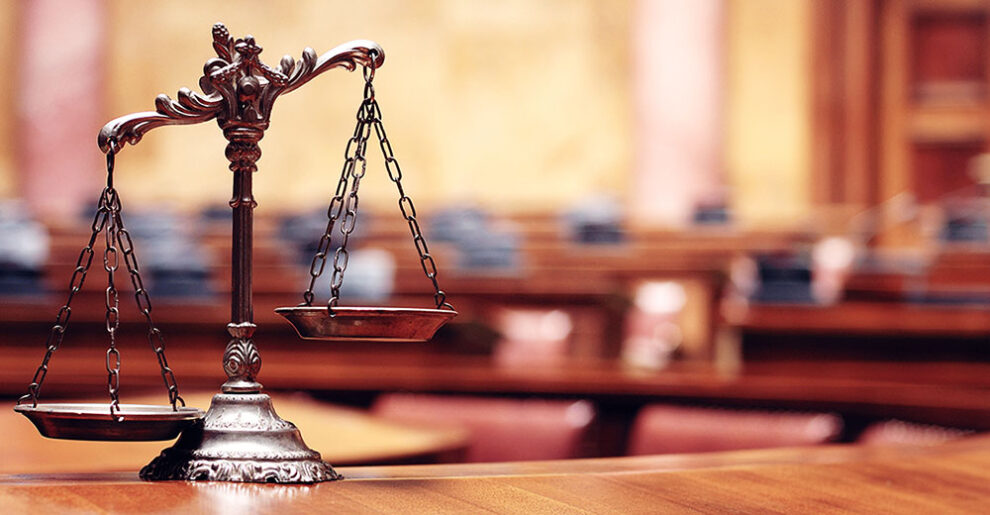Microsoft’s implementation of OpenAI’s ChatGPT was extremely popular. Its surprise implementation of the advanced generative AI caught Google and Apple by surprise.
Google has responded aggressively by spinning up Bard, its own generative AI system. But both are equally at risk. Google The following are some examples of how to get started: OpenAI These AIs are being sued in class actions for alleged copyright violations based on the huge amounts of data that were used to train them.
They may not realize the consequences of their success on their careers. I’m talking not about the repercussions of Microsoft, Google, and others, but the fact that they themselves may be sued for the way they were trained in the future.
This week let’s look at suing AI companies. My Product of the Day is a new HP Laptop that could be the perfect laptop for someone who travels a lot.
Litigation Is Dangerous
Unfortunately, my litigation experience is extensive. I managed my own litigation over a period of two decades and was selected on numerous occasions as an expert witness. I was also a lawyer for a while before changing careers.
I learned that litigation doesn’t look like what is shown on television. Both sides have opposing opinions of reality when they enter the courtroom. The judge and/or jury then listen to both arguments before choosing the strongest one as the winner. The losing side feels cheated and vindicated.
It can lead to unintended and grave consequences for the losing party that are far worse than if they had just left it alone or settled the case without a trial. Appeals cost about $40,000 on average and are seldom successful. Costs of the initial trial can range between $10,000 and hundreds of thousands before judgment. The judgments themselves can be expensive.
Before suing anyone, you should not only assess whether you have a good chance of winning, but also consider any unintended consequences that may result from either winning or losing. It is here that I believe the people suing generative AI platforms will have a problem. They are not only unlikely winners, but if the case does go their way they may lose their careers.
Let me explain.
How is Generative AI trained?
The AI that generates is trained using massive amounts of data.
AIs, in other words, observe digitized information at such a large scale that individual contributors cannot be identified. The AI’s brain is formed by combining the knowledge gathered through this observation process.
Depending on the size of the resulting data set, it should be impossible — without transparency tools that do exist in some of the latest Ais — to trace the behavior back to any individual who intentionally or unintentionally supplied the training data.
To learn how to become a comedian, for example, you might need a set of audio and video broadcasts from many comedians. The AI will then be able to determine which jokes are funny based on the feedback of the audience and/or a trainer. The AI would then create its own comedy routine based on what it had learned, without depending solely on one person.
The question is whether or not the result violates the copyrights anyone who, unintentionally, and without permission, helped create the data set for training.
The Unanticipated Problem
Like AIs, the unexpected problem is that we don’t have an inherent knowledge of how to accomplish much. We learn through observation and education is derived from reading about historical events or fictional characters created to entertain, or to make a certain point.
We tend to learn a lot by watching other comedians. Comedy can lead to a variety of careers. copying peers. A computer is able to consume the information of thousands of individuals within a single moment.
If computer learning from a large number of comedians is illegal, then wouldn’t it follow that a human comedian who learns from fewer comedians would also be violating the rights of their peers? AI and people are learning at different speeds and with different amounts of data.
The same case law can be used to punish OpenAI or Google if they win their lawsuits.
Anyone who is trained on data from the plaintiff could sue someone else, since most work is learned by watching others.
Other comedians could sue these plaintiffs if they are successful. They may have similar training methodologies. Some comedians could be barred from performing because their jokes seem to be the work of other people.
Wrapping Up
The pace at which the Generative AI learns and advances is incredible. The vast databases of data that contain information about your spouse and you are used to train the AI. This training is in doubt because the systems will replace many people that unintentionally gave their data to be trained.
The idea of suing to get a share of the results seems misconceived. It could also have a negative impact on those who will learn from others.
Finaly, the training set does not have an end, so the collected knowledge could continue for hundreds of years after the contributors’ death. This is a form of digital immortality, but it is a very limited one.
I therefore doubt that the plaintiffs of these cases will succeed and, should they do so, the judgment may have more detrimental implications than anticipated for the way we are educated.












